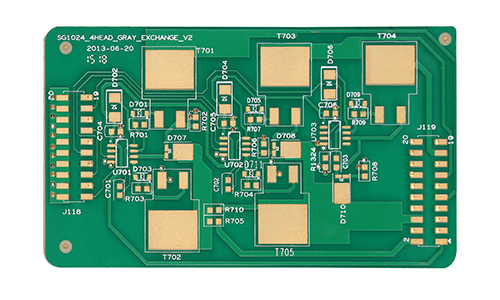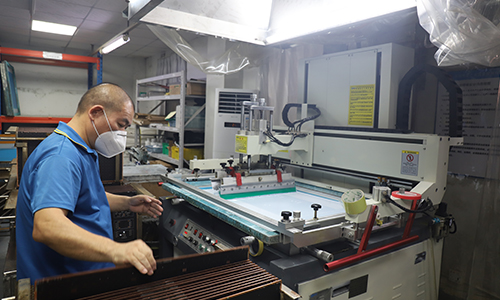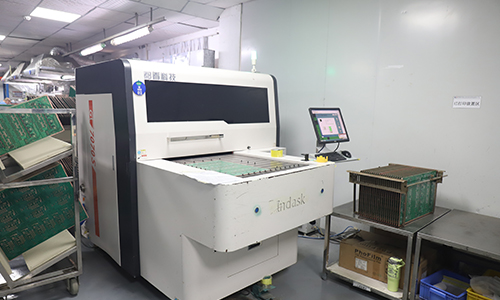
Aluminum copper substrate is a printed circuit board that combines the advantages of aluminum and copper. It is widely used in high-power electronic devices and LED lighting systems.
Aluminum Copper Based PCB Product Introduction

1.Product Overview
Aluminum copper substrate is a printed circuit board that combines the advantages of aluminum and copper. It is widely used in high-power electronic devices and LED lighting systems. Aluminum substrate provides good mechanical strength and lightweight characteristics, while copper substrate provides excellent thermal and electrical conductivity. The design of this composite material makes it excel in heat dissipation and electrical performance, suitable for high-performance applications.
2.Main Features
Excellent heat dissipation performance:
Copper has high thermal conductivity and can quickly conduct heat away from the heating element. Aluminum also has good heat dissipation performance. The combination of the two can effectively reduce the operating temperature and extend the life of the equipment.
Good electrical performance:
The copper layer provides excellent conductivity and can carry high current to ensure the stability and reliability of the circuit.
Lightweight design:
Aluminum substrate is lighter than traditional PCB materials and is suitable for applications that need to reduce weight.
High mechanical strength:
Aluminum substrate has good mechanical strength and can withstand certain external forces, suitable for various environments.
Corrosion resistance:
The combination of aluminum and copper makes the substrate have good corrosion resistance in a variety of environments and is suitable for use in harsh conditions.
3.Technical Parameters
| Number of layers | 2L | Line width/line spacing | 10/10mm |
| Material | CH-CU-LM | Minimum aperture | 0.35mm |
| Board thickness | 2.0mm | Surface treatment | immersion gold |
4.Structure
Aluminum-copper substrates are usually composed of the following parts:
Copper layer: As the main material for thermal and electrical conductivity, the thickness is usually 1 oz to 3 oz.
Aluminum layer: Provides mechanical support and heat dissipation performance, and the thickness is usually between 0.5 mm and 3 mm.
Insulation layer: Used to isolate the copper layer from the aluminum layer to prevent short circuits and electrical interference.
5.Application areas
LED lighting: Such as LED bulbs, downlights, spotlights, etc.
Power modules: Used for high-power power converters and drivers.
Automotive electronics: Such as automotive lamps, sensors, etc.
Industrial equipment: Used for various high-power electronic devices and motor drives.
 |
 |
6.Conclusion
Aluminum copper substrates have become an indispensable component in high-power electronic devices and LED lighting systems due to their excellent heat dissipation performance, good electrical performance and mechanical strength. With the continuous development of electronic technology and the increase in market demand, the application of aluminum copper substrates will continue to expand, providing more efficient and reliable solutions for various industries.
FAQ
Q: What files are used in PCB production?
A: PCB production requires Gerber files and PCB manufacturing specifications, such as the required substrate material, finished thickness, copper layer thickness, solder mask color, and design layout requirements.
Q: When can I get a quotation after I provide Gerber, product process requirements?
A: Our sales staff will give you a quotation within 1 hour.
Q: What types of applications are aluminum-copper based PCB suitable for?
A: Aluminum-copper based PCB are suitable for high-power, high-frequency applications, and those requiring rapid heat dissipation, such as LED lighting, power converters, automotive electronics, and communication equipment.
Q: What are the special requirements in the production process of aluminum-copper based PCB?
A: In the production process of aluminum-copper based PCB, special attention must be paid to material compatibility, soldering processes, and heat treatment. Due to the different coefficients of thermal expansion between aluminum and copper, special soldering techniques are required to ensure the reliability of connections.
Q: Do you have laser drilling machines?
A: We have the most advanced laser drilling machine in the world.